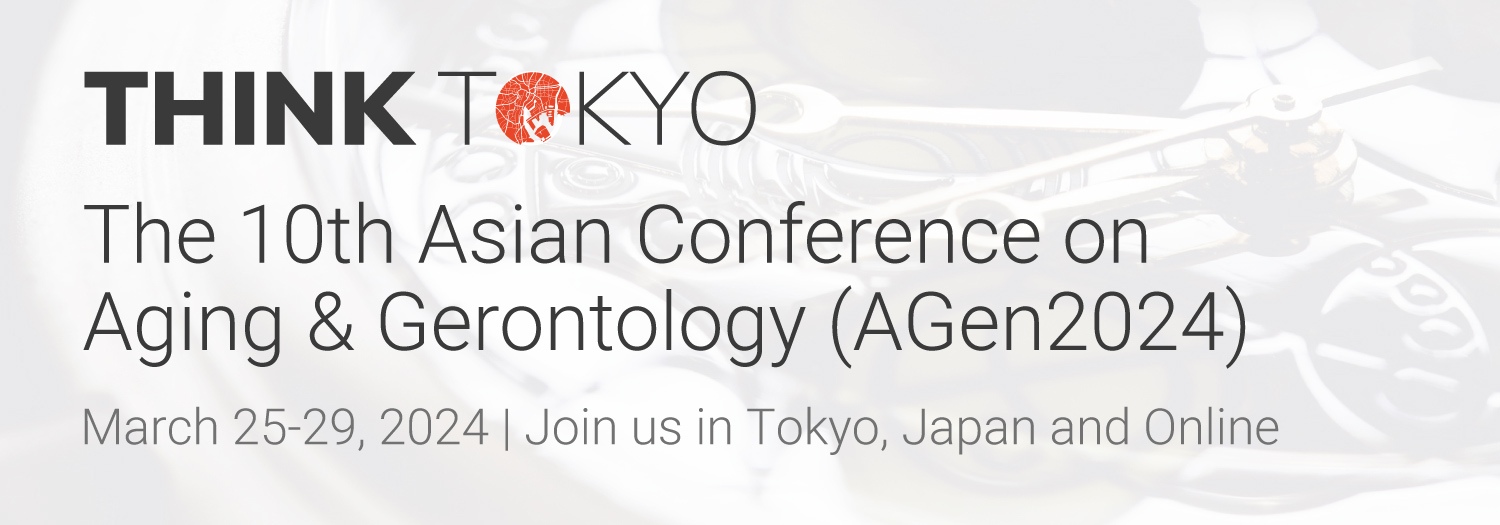Bridging the Gap: ChatGPT’s Role in Enhancing STEM Education (77562)
Session: On Demand
Room: Virtual Video Presentation
Presentation Type: Virtual Presentation
The significance of STEM (Science, Technology, Engineering, and Mathematics) education in promoting innovation, technical progress, and economic development is well acknowledged. Psychology and Neuroscience have a distinct significant role within the STEM field, bringing necessary perspectives on human behavior, cognition, and neurological processes. These academic fields not only provide significant contributions to the progress of medicine and technology, but also have wider ramifications for society, including areas such as education, law, and mental health. Nonetheless, the intricate and constantly changing characteristics of Psychology and Neuroscience provide unique educational obstacles. Conventional instructional methodologies frequently exhibit limitations in effectively captivating pupils and fostering profound understanding within these specialized domains. The use of Artificial Intelligence (AI) inside educational environments offers a potential avenue for tackling these particular difficulties. This research aims to evaluate the effectiveness of ChatGPT, an AI-powered conversational agent, in enhancing the learning experience in an "Introduction to Cognitive Neuroscience" course. The study seeks to fill existing gaps in educational methodologies by comparing the efficiency of AI-generated feedback with traditional human-generated feedback. Research Questions are listed below: • Does ChatGPT feedback result in improved academic performance in group presentations compared to traditional human feedback? • How do students perceive the quality and utility of feedback provided by ChatGPT in comparison to human-generated feedback? • Will incorporating ChatGPT in the course significantly improve students' understanding of complex theories and their application in practical settings? The study employs a mixed-methods research design, involving both quantitative and qualitative data collection.
Authors:
Lingfei Luan, University of Minnesota, United States
Xi Lin, East Carolina University, United States
Laura Allen, University of Minnesota, United States
About the Presenter(s)
Dr Lingfei Luan is a University Professor/Principal Lecturer at University of Minnesota in United States
See this presentation on the full schedule – On Demand Schedule





Comments
Powered by WP LinkPress